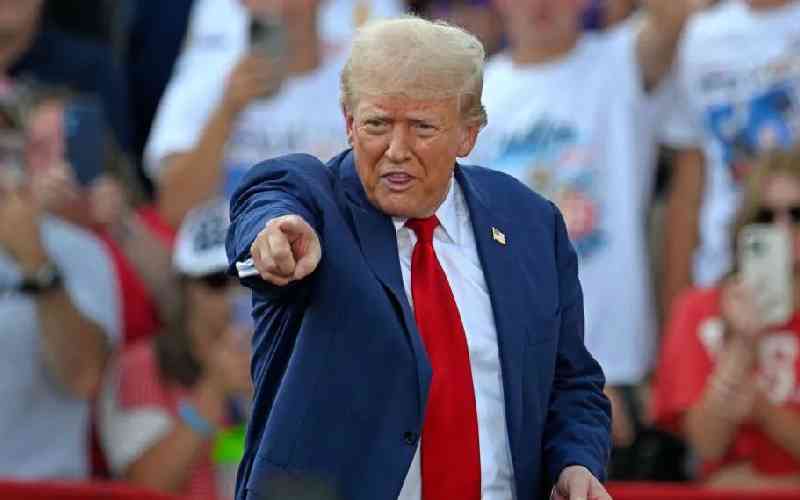×
The Standard e-Paper
Home To Bold Columnists

A member of Nyahururu Golf Club shared a photo of a champagne bottle to be uncorked once Kamala Harris was pronounced the winner in the US presidential race. By Wednesday morning, Simon Ngugi had got an apt but mean response from another member, "uncork sour uji".
Online, Kenyans talked in low tones when it became evident our sister was losing. And as usual, Kenyans' humour never disappoints. A packet of fermented milk (Mala) was shared online and rebranded KaMala.